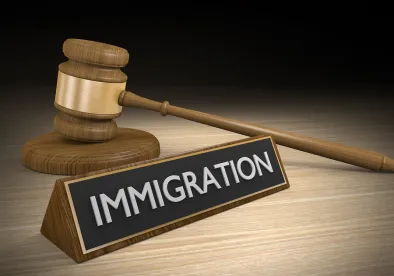Immigration Policy is broken. We all agree. How should we fix it and why haven’t we been able to fix it over the last two decades? There is a multifaceted answer to this question, but Congress has been unable to agree on how to deal with the policy changes. We have had numerous attempts and even many pieces of legislation passed that address one or more parts of the policy reforms. Although successful in addressing some policy reform issues, Congress still needs to pass legislation to complete the needed reforms.

Why is it so difficult? It might have something to do with the complex policy issues. Immigration is about people coming into our country as visitors, family members, and employees of our businesses and even as refugees; people from different parts of the world — different cultures, religion, and ethnicities. This human component seems to have stymied our legislators.
There is a fair amount of rhetoric about why our policies should be changed in one way or another, but a lot of the rhetoric doesn’t address the real policy issues in a systemic way.
We know what needs to be addressed. For simplicity sake let’s break it down into four parts:
(1) border security;
(2) interior enforcement;
(3) legal immigration reform for the immigrant and non-immigrant visa system; and
(4) a plan for the current undocumented people in the U.S.
We should be able to come up with revisions to our current law that address these issues. Indeed the Senate has passed two major comprehensive immigration reform bills in the last 10 years that does just that. The Comprehensive Immigration Reform Act (S. 2611) was passed by the Senate in 2006. The Border Security, Economic Opportunity, and Immigration Modernization Act of 2013 (S.744) was passed by the Senate in 2013. The House has also tackled these key issues in introduced bills and has proposed a step-by-step approach to a legislative fix. The architecture and blue prints for reform exist. We now need to address real policy issues and make our immigration laws function the way they should for our businesses, our economy, our families and for our national and our international obligations.



 />i
/>i

